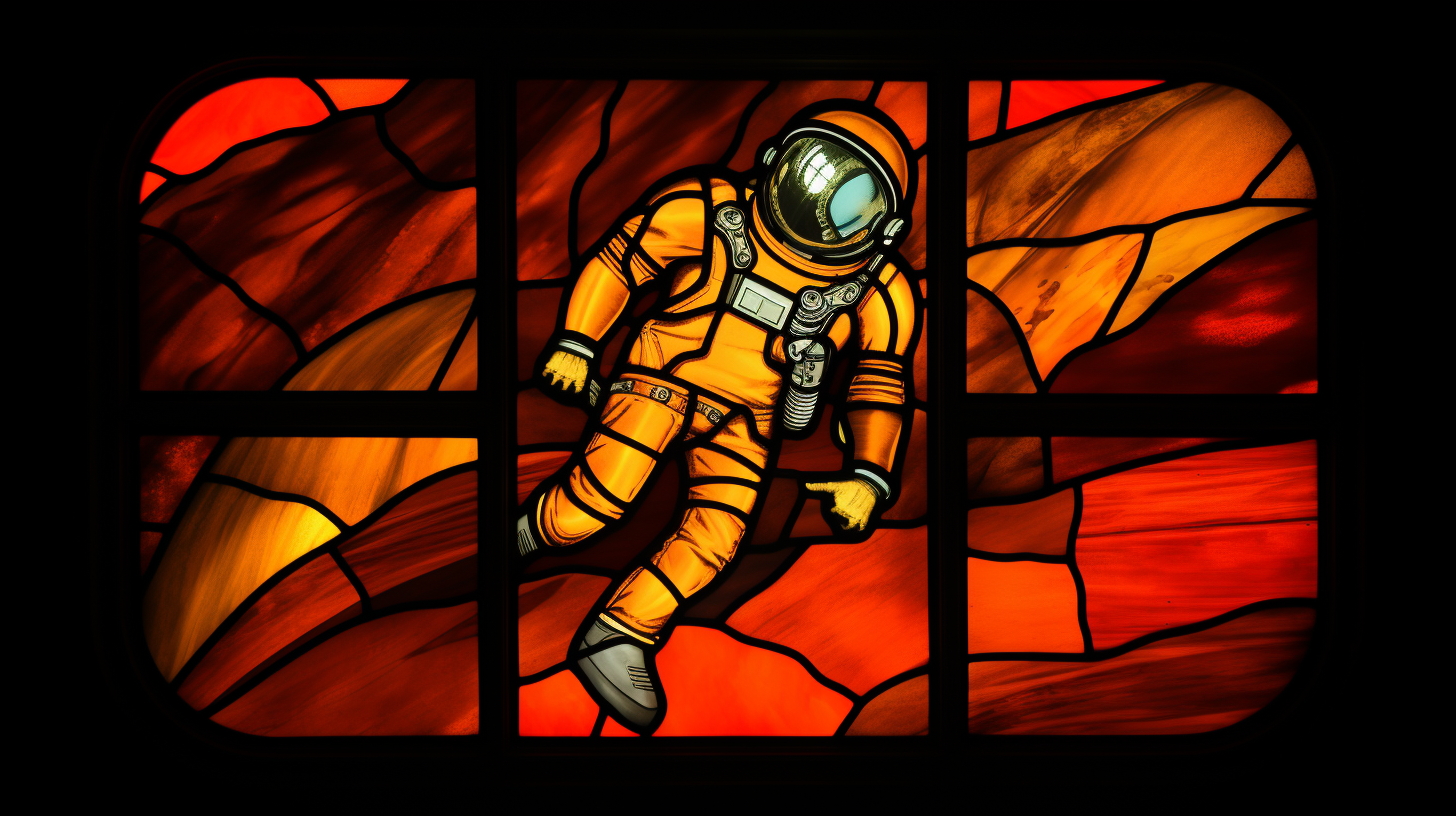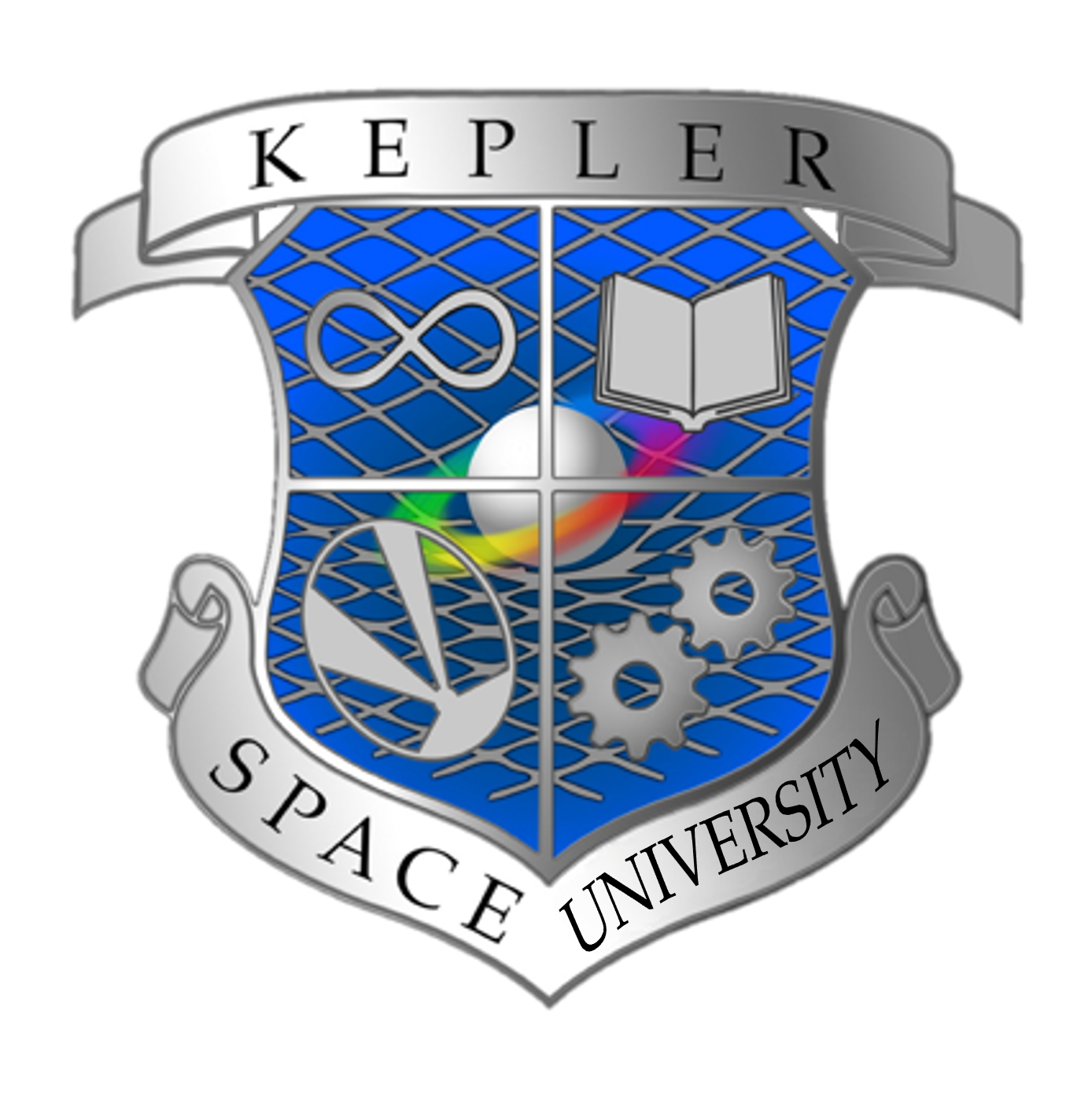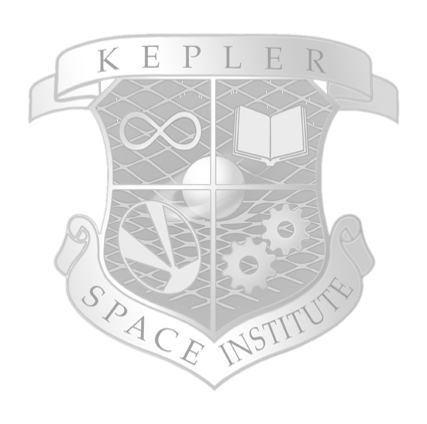Religion and Space Exploration: A Multi-Faith Exploration
BY Jason BattFORMAT
ONLINE ACCESS
6 WEEKS
UPCOMING
SESSIONS
ABOUT THIS COURSE

RELIGION AND SPACE EXPLORATION: A MULTI-FAITH EXPLORATION
This space course delves into the evolution of the Overview Effect, examining its origins, current understanding, and the potential implications for the future.
Recommended prerequisites for students: The course requires a basic knowledge of general astronomy and an understanding of historical and cultural studies. Familiarity with different cultural mythologies and basic principles of sociology or anthropology can also enhance the learning experience. However, the course is designed to be accessible to those with minimal prior knowledge in these areas, with foundational concepts integrated into the curriculum to ensure all students can fully engage with the material.
Assessments
- Weekly discussion forums.
- Selected reading reviews.
- Final project: Exploration of a specific intersection of space exploration and religious belief.
WHAT YOU’LL LEARN
- Historical Understanding: Understand the historical context of star mythology across different cultures and civilizations, and recognize the significant roles stars played in shaping societies.
- Interpretative Skills: Develop the ability to interpret and analyze different myths and narratives associated with the stars, using both primary and secondary sources.
- Scientific Knowledge: Gain basic knowledge about constellations, their historical discoveries, and the evolution of astronomical studies.
- Cross-Cultural Competence: Build an appreciation for the diversity of cultural interpretations of celestial phenomena and understand the universal human fascination with the cosmos.
- Interdisciplinary Application: Apply concepts and insights from various fields such as anthropology, literature, art, and science to explore the complex relationship between human cultures and the stars.
- Communication Skills: Improve written and oral communication skills through essays, presentations, and group discussions, presenting complex ideas in a clear, compelling manner.
- Critical Thinking: Develop the ability to critically evaluate the impacts of historical star myths on modern space exploration, scientific research, and societal attitudes.
- Ethical Reflection: Reflect on the ethical, philosophical, and practical implications of space exploration in light of historical narratives and future potential.
- Research Skills: Enhance research skills through independent projects, including the ability to identify credible sources, synthesize information, and formulate original ideas.
SYLLABUS
This 6-week space course will be offered online once a week for two consecutive hours. Explore the interplay between religious beliefs and space exploration, highlighting the perspectives of major world religions on celestial symbolism, historical religious expressions, and future theological considerations.
Module 1: Introduction and Overview
- Overview of the relationship between religion and astronomy.
- Significance of space in religious symbolism and mythology.
Module 2: Religious Expression in the History of Space Exploration
- Exploration of how various religions have historically perceived space exploration.
- Highlights of religious astronauts and their spiritual reflections.
Module 3: Theological Perspectives on Modern and Future Space Exploration
- Examination of religious views on life beyond Earth.
- Ethical considerations and implications of space colonization across religions.
Module 4: Sacredness of Astronomical Objects
- Understanding the religious significance of the moon, stars, and other celestial bodies.
- Religious responses to historical and contemporary space missions.
Module 5: Contemporary Issues and Challenges
- Discussion on the ethics of terraforming and religious perspectives.
- Potential religious responses to the discovery of extraterrestrial life.
Module 6: Future Prospects
- Exploring the future of space colonization and its implications on religious beliefs.
- Reflection on the changing nature of religious narratives due to space exploration.
Module 7: Student Presentations
- Students present on a chosen topic related to the intersection of religion and space exploration, promoting discussion and exploration.
Module 6: Future Prospects
- Recap of the course.
- Encouraging reflection on the interconnectedness of space, religion, and personal beliefs.
INSTRUCTOR

Jason Batt
Mythologist, futurist, artist, writer, Kepler Space University
Mythologist, futurist, artist, writer, and former teacher, Jason D. Batt is a PhD candidate finishing his dissertation on the mythologies of the future, in particular those of interstellar travel. He is a co-founder of Deep Space Predictive Research Group and of Project Lodestar. He serves as the senior editor of the Mythological Studies Journal—a peer-reviewed academic journal focused on the intersection of mythology and depth psychology. He is also the associate editor of the Journal of Space Philosophy.
WAYS TO ENROLL
Religion and Space Exploration: A Multi-Faith Exploration
Explore the interplay between religious beliefs and space exploration, highlighting the perspectives of major world religions on celestial symbolism, historical religious expressions, and future theological considerations.

